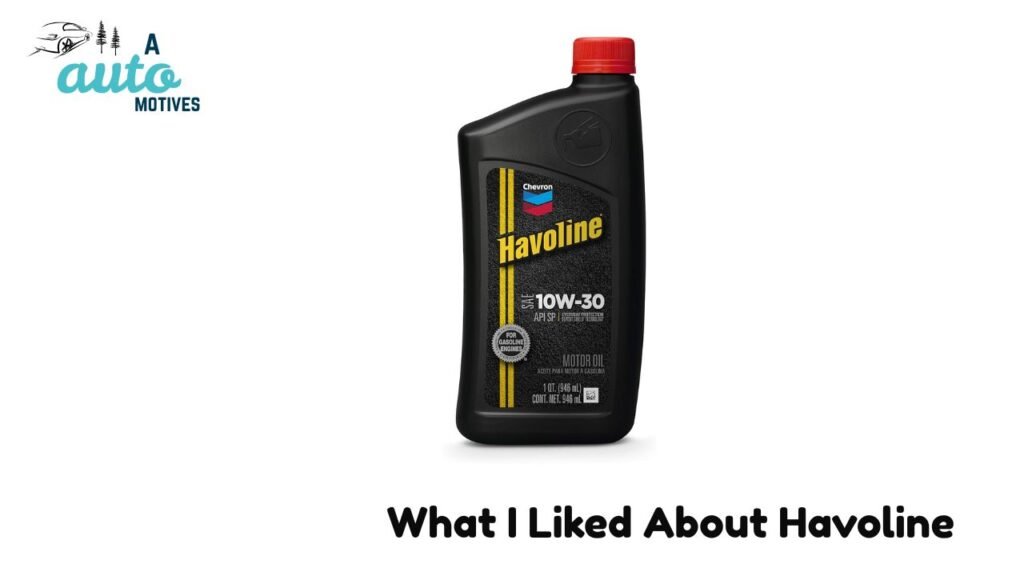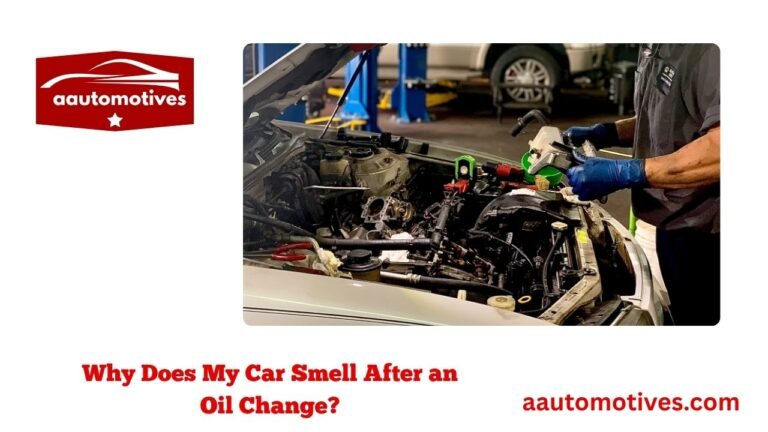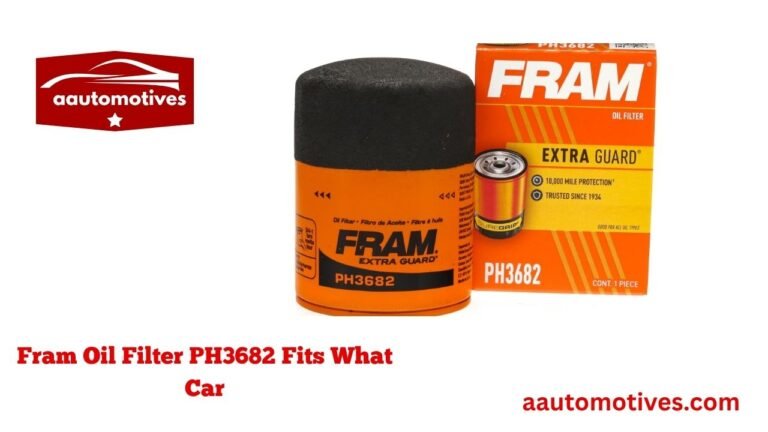Havoline vs Valvoline: My Honest Experience & Review
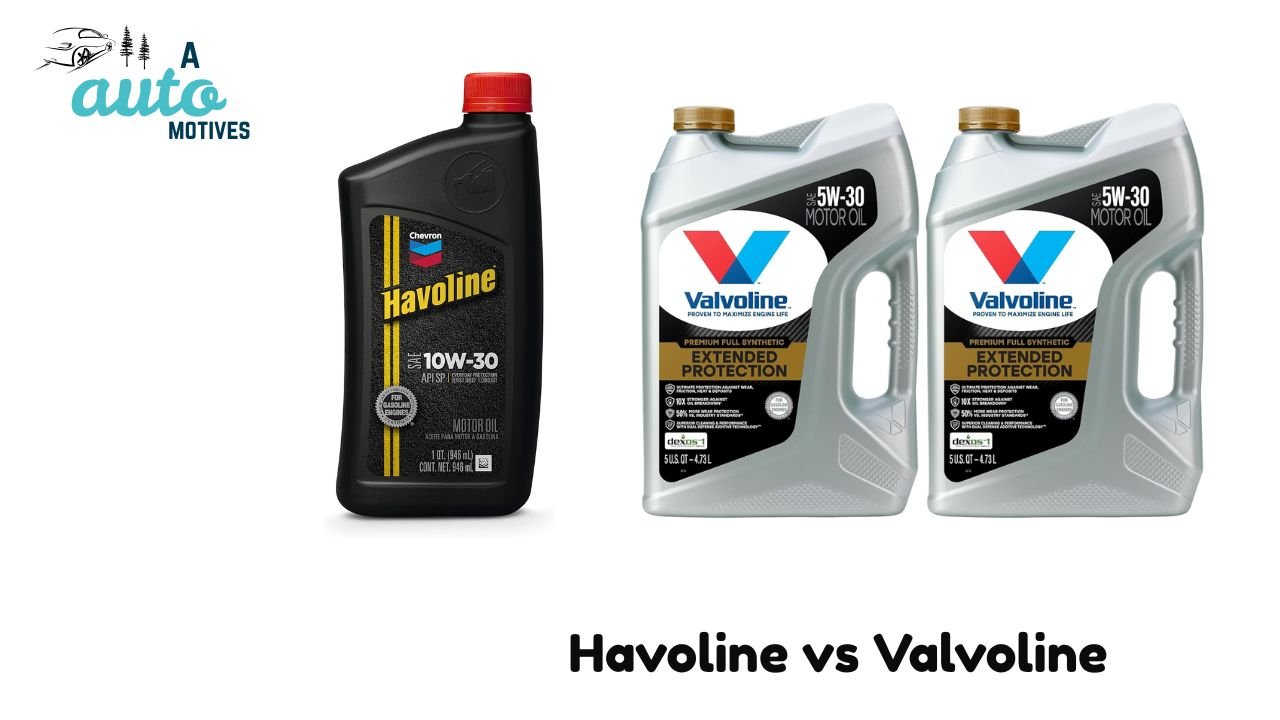
Choosing the right motor oil sometimes feels like picking the right shoes for a long road trip. You know both will get you moving, but the comfort, durability, and long-term effect make all the difference. Over the years, I’ve had the chance to run my cars on both Havoline and Valvoline, and while they share similarities, my personal experiences have taught me that subtle differences matter more than the label on the bottle.
Let me walk you through what I’ve noticed, what worked, and where I think one clearly edges out the other.
My First Encounter with Havoline
The first time I poured Havoline into my daily driver, I wasn’t expecting much. I picked it up because it was affordable, carried the right viscosity grade for my car, and the brand seemed reputable enough. But I’ll admit, I was a little skeptical. After all, when you’re standing in the auto parts aisle, surrounded by countless bottles promising “advanced technology,” it’s hard to know which ones actually deliver.
To my surprise, Havoline performed well right off the bat. My car felt smooth during morning commutes, even when traffic was a stop-and-go nightmare. The idle stayed steady, and there was this quiet hum that reassured me the oil was doing its job. One thing I noticed after a few months was how clean the inside of the engine bay looked during a checkup. Havoline’s Deposit Shield Technology really does live up to the promise—it keeps carbon and sludge at bay better than many bargain oils.
Where Havoline shines is in giving everyday drivers confidence without draining their wallets. I wouldn’t call it flashy, but sometimes reliability is exactly what you need.
What I Liked About Havoline
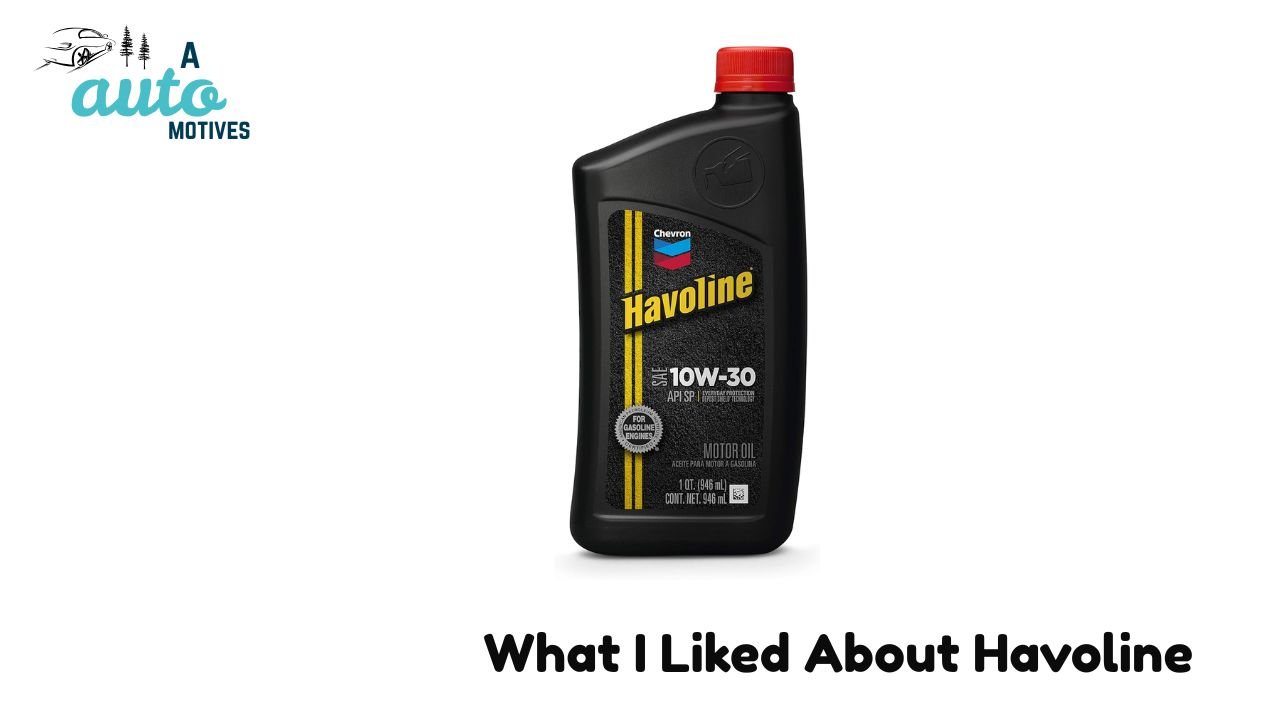
Over time, I began to notice Havoline’s strong points:
-
Solid engine protection – It kept my engine wear minimal and surfaces clean.
-
Fuel efficiency support – In city driving, it gave me a slight bump in mileage. Not huge, but noticeable.
-
Budget-friendly – It costs less than many big-name full synthetics.
-
All-weather dependability – I’ve used it in both summer heat and winter chills, and it never failed to adapt.
Still, Havoline isn’t perfect. For cars pushing very high mileage or tuned for performance, I found that it doesn’t hold up as long as premium synthetics. If you’re the kind of driver who demands extended intervals between oil changes or who runs a turbocharged engine hard, you may need something stronger.
My Takeaway on Havoline
I’d recommend Havoline for most daily drivers who want decent protection without overspending. It’s an honest oil—no extra bells and whistles, but it does the job well. I like to think of it as the dependable work boots in your closet. They’re not flashy sneakers, but they’ll carry you through rough terrain without complaint.
If you don’t mind changing oil a bit more often and want to keep your budget under control, Havoline is a very practical choice.
Then Came Valvoline
If Havoline felt like a sturdy pair of boots, Valvoline reminded me of a pair of well-made running shoes. I had heard so many mechanics swear by it that I finally decided to give it a try on my SUV, which needed a bit more care since I often use it for long highway trips and family outings.
Right away, I noticed Valvoline had an edge in terms of cold-start performance. That winter, the temperature dropped below freezing, and while some oils tend to thicken and make engines sluggish at startup, Valvoline kept the crank smooth and effortless. My SUV started without hesitation, even after sitting overnight in sub-zero conditions.
On the flip side, during the scorching summer months, I put Valvoline to the test with long road trips through high heat. Again, it held its ground. The oil seemed more stable, resisting breakdown and keeping the engine cooler under stress. That balance—between winter and summer, stop-and-go and highway driving—is what convinced me Valvoline had more to offer for the long haul.
What I Liked About Valvoline
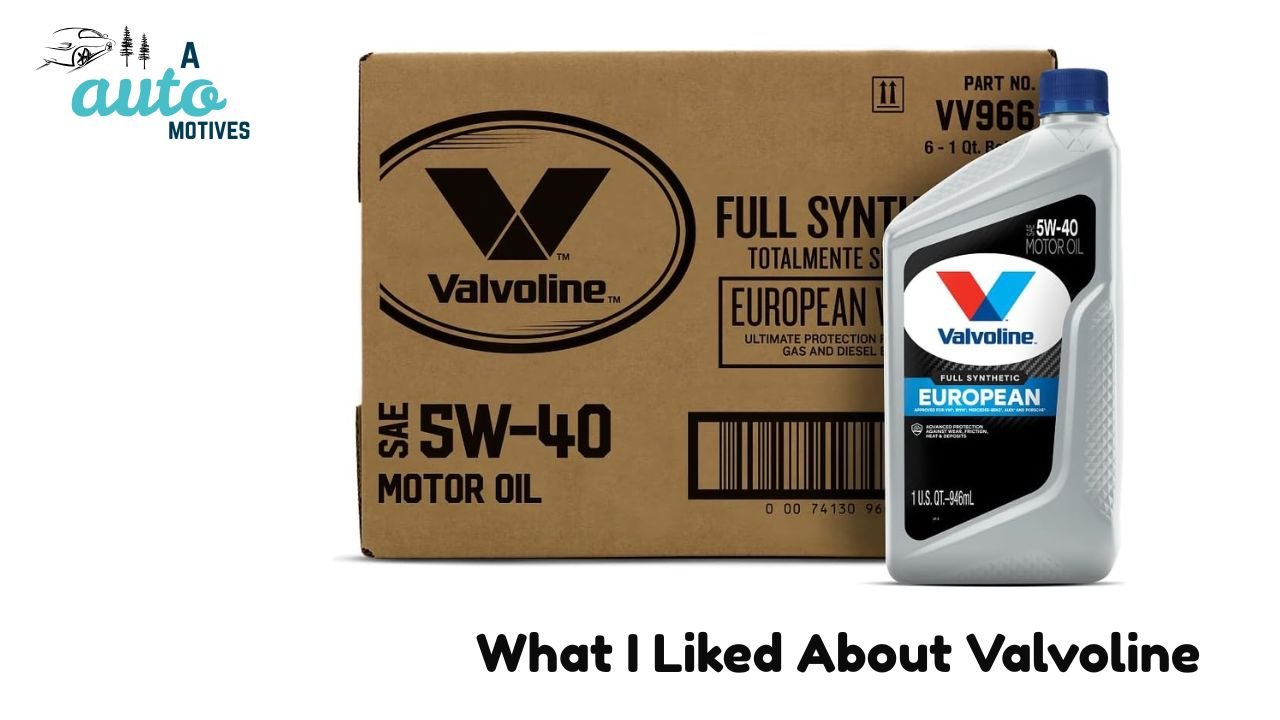
Here’s where Valvoline won me over:
-
Excellent wear protection – My engine remained smooth and responsive, even under stress.
-
High-mileage formulas – Their specialized oils for aging engines helped reduce small leaks and slowed down oil burn-off.
-
Weather adaptability – Valvoline flows easily in freezing weather and maintains stability in high heat.
-
Trusted reputation – So many service centers use Valvoline, which says a lot about its consistency.
Of course, there are trade-offs. Valvoline oils, especially full synthetics, come at a higher price point compared to Havoline. And while it’s versatile, performance enthusiasts may still look toward boutique racing oils for more specialized needs. But for regular drivers and even those with higher-mileage cars, Valvoline brings peace of mind.
The Showdown: Havoline vs Valvoline
Now here’s the real question—when you put them side by side, where do they differ, and what does that mean for you as a driver?
Viscosity & Cold Starts
-
Havoline tends to be a bit thicker in cold weather, which means it takes a few seconds longer to circulate.
-
Valvoline flows quicker, giving faster lubrication during freezing mornings.
In the Northeast winters I’ve driven through, Valvoline was clearly more reliable.
High-Heat Durability
-
Havoline holds up fine in moderate conditions but starts to lose stability in prolonged high heat.
-
Valvoline has better heat resistance, which is noticeable during long drives in summer.
On a desert road trip, Valvoline proved itself by keeping the engine temperature in check, while Havoline felt like it was working harder.
Additive Strength
-
Havoline does well with deposit control, but its additives seem to wear down a bit faster.
-
Valvoline uses stronger anti-wear and detergent additives, giving engines a cleaner, longer-lasting shield.
Over time, this difference can mean fewer deposits and less sludge buildup, especially for city drivers.
At this point, I’d say Havoline is great for budget-conscious drivers and regular commutes, while Valvoline edges ahead for those wanting stronger, long-term protection and less hassle with frequent oil changes.
Fuel Efficiency: Havoline vs Valvoline
When it comes to saving fuel, neither oil is going to magically boost your MPG by 10%, but I did notice small differences in real-world use.
-
Havoline kept my mileage steady, but I never noticed a real improvement. If anything, its slightly thicker cold-weather behavior sometimes meant the engine felt a little heavier during the first few miles of driving.
-
Valvoline, on the other hand, seemed to offer smoother acceleration and slightly better mileage, especially on highway runs. The secret lies in its friction modifiers, which help reduce drag inside the engine.
I tested this theory by driving my sedan on the same 100-mile stretch multiple times with Havoline and then with Valvoline. While Havoline gave me around 27–28 MPG, Valvoline pushed that to nearly 29 MPG. Not earth-shattering, but over months of daily driving, those small savings add up.
Longevity & Oil Change Intervals
This is where the gap widened most noticeably for me.
With Havoline, I found myself changing the oil earlier. Around 4,000–4,500 miles in, the oil started to look darker and the engine didn’t feel as sharp. It’s not a bad thing—it simply means Havoline needs freshening up more often.
With Valvoline, especially their full synthetic formulas, I comfortably pushed past 6,000–7,000 miles before noticing any drop in performance. The oil stayed cleaner longer, and the engine seemed just as responsive as it did after a fresh change.
So if you’re the kind of driver who prefers fewer oil changes per year, Valvoline stretches farther and saves you time in the garage.
Engine Cleanliness Over Time
Engines are like kitchens—you can tell if someone takes care of them by the buildup (or lack of it) around the edges. Over the years, I’ve checked under the valve covers and oil caps with both brands.
-
With Havoline, I noticed it kept things decently clean, but over time, a light film of varnish began to appear. It wasn’t harmful, but it reminded me that Havoline’s detergent package isn’t as strong.
-
With Valvoline, the engine parts looked cleaner and shinier. The detergents seemed more aggressive in scrubbing away deposits, especially in engines that had already seen a few years of city traffic.
If long-term engine cleanliness is a priority for you, Valvoline takes the win.
High-Mileage Performance
As cars age, their engines need more TLC. That’s where high-mileage oils come in—formulas designed with extra conditioners to keep seals flexible and reduce leaks.
-
Havoline does have options for older engines, but the choices are more limited. While it still offers decent protection, I didn’t see as much of an improvement in reducing oil consumption.
-
Valvoline’s High Mileage oil, on the other hand, impressed me. On my older Toyota with over 170,000 miles, I noticed fewer drips in the driveway and less oil burn-off between changes.
If your vehicle has passed the 100K milestone, Valvoline’s specialized high-mileage line provides a stronger safety net.
Price Point & Availability
Let’s be honest: cost is often the deciding factor when standing in the oil aisle.
-
Havoline tends to be more affordable. It’s easy to find at big retailers, online, and even some gas stations. For drivers who want decent protection without stretching the budget, it’s a solid buy.
-
Valvoline, while not overpriced, usually costs a bit more—especially the full synthetic or high-mileage variants. But considering it lasts longer and offers better protection, I see the higher price as more of an investment than an expense.
If your budget is tight, Havoline makes sense. If you can pay a little extra for peace of mind, Valvoline is worth it.
Real-World Driving Conditions
I’ve used both oils across different driving conditions—city traffic, long road trips, and seasonal extremes. Here’s how they stack up:
-
City Driving: Valvoline keeps engines cleaner during stop-and-go commutes, where sludge is more likely to build up.
-
Highway Trips: Havoline handles highway speeds well, but Valvoline felt more stable over long distances without thinning out.
-
Extreme Cold: Valvoline’s better flow at low temps made winter starts less stressful.
-
Extreme Heat: Havoline did okay, but Valvoline resisted thinning better under long summer drives.
Who Should Pick Havoline?
-
Budget-conscious drivers.
-
Those who don’t mind changing oil more often.
-
Owners of older cars who just want solid, no-fuss protection.
-
People living in moderate climates where extremes aren’t an everyday issue.
Who Should Pick Valvoline?
-
Drivers with high-mileage cars.
-
Those living in areas with very hot summers or freezing winters.
-
Commuters stuck in traffic often.
-
People who want fewer oil changes per year and stronger engine cleanliness.
My Final Recommendation
If I had to sum it up, I’d say this: Havoline is like the solid, budget-friendly choice that gets the job done, while Valvoline is the more premium, well-rounded option that goes the extra mile.
For most people, Valvoline wins the comparison because of its better longevity, fuel efficiency, and overall engine protection. But if you’re looking to save a few bucks and don’t mind changing oil more often, Havoline still deserves respect—it’s not a bad oil by any stretch.
Personally, I use Valvoline in my primary cars because I like the reassurance of extended performance, but I wouldn’t hesitate to pour Havoline into a daily driver that just needs dependable, affordable protection.
FAQs: Havoline vs Valvoline
1. Which oil lasts longer between changes?
Valvoline generally lasts longer, especially its full synthetic options, which can stretch between 6,000–7,500 miles. Havoline often needs changing earlier.
2. Which oil is better for older, high-mileage cars?
Valvoline takes the lead here. Its high-mileage formulas are excellent at reducing leaks and oil burn-off.
3. Is Havoline good enough for modern cars?
Yes, Havoline meets industry standards and works well in most vehicles, including turbocharged and hybrid engines. It’s especially appealing if you’re budget-focused.
4. Which oil handles extreme weather better?
Valvoline does better in both freezing winters and hot summers, thanks to its stable viscosity range. Havoline is fine in normal conditions but can struggle at extremes.
5. Can you switch between Havoline and Valvoline?
Absolutely. As long as you stick to the recommended viscosity and oil type for your car, switching between brands won’t cause harm.
Closing Thoughts
After using both for years, I’ve come to appreciate each for what it brings to the table. Havoline is the reliable choice when money is tight and simplicity matters. Valvoline is the smarter investment when you want stronger performance, longer-lasting oil, and protection that adapts to any condition.
In short: Havoline is good. Valvoline is better.
